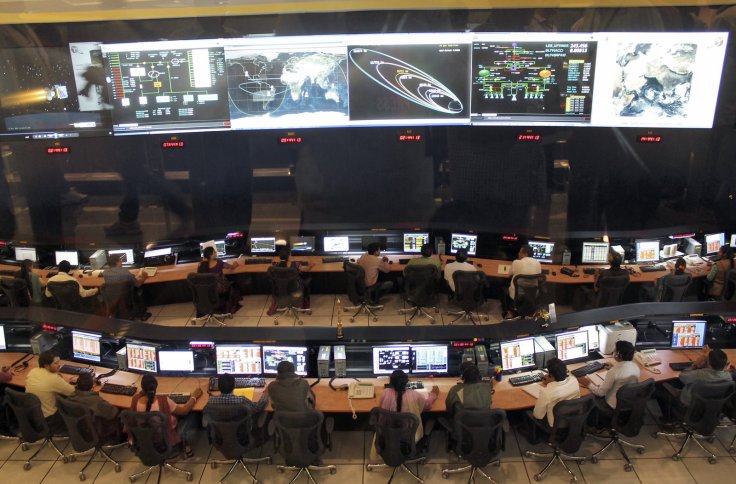
The Indian Space Research Organisation (ISRO) has called for a greater participation of private players in developing and manufacturing small rockets, PSLV rockets and satellites from 2020. The rocket industry which has witnessed a healthy growth in recent times is expected to get orders worth Rs 90 billion over the next three years.
K Sivan, Chairman ISRO, was speaking at the World Space Biz, organized by Confederation of Indian Industry and Antrix Corporation. He affirmed that the space agency will mostly be occupied with the manned space mission which has to be launched within four years. Notably, Indian Prime Minister Narendra Modi announced on this year's Independence Day that India will send its first manned spacecraft by 2022.
Sivan said that "We want private industry to take over part of our workload by 2020, which includes the development of small rockets, PSLV and satellites." He also added that at present, private players contribute to nearly 85-90 percent of PSLV rockets and 50 percent of satellites production in India.
"We are not happy, we want more participation and we want them to be our partner, not just suppliers," said Sivan. He also said that the in the upcoming three years, 40 rockets would be needed for India's space requirement including 30 PSLVs and 10 GSLVs. The total cost of production for these rockets are expected to be around Rs 104 billion, of which Rs. 90 billion would come from industries.
Over the next three years, 59 satellites are expected to be launched by ISROwhich include highly advanced remote satellites, high bandwidth satellites among others. This is expected to push the demand of PSLV to two per month as opposed to the current level of 6-7 PSLV per year.
Small rockets which are required for the launch of small satellites will also be in demand. These rockets have the capacity to carry satellites of 500-700 kg and can be placed at 500 km in the lower orbit. These rockets come with some special features that can be integrated in 72 hours while being more autonomous.









